Youth of all races break the law. Youth of color are more likely to be punished.
This inequality is called disproportionate minority contact (DMC for short), and it means black Chicago youth are impacted by the justice system more than their peers.
Black youth are arrested more often, even for the same behavior.
For example, one in five high school seniors say they've used marijuana in the last month. This is true of white, black, and Hispanic youth.
Source: University of Michigan
If Chicago youth use marijuana at the same rate, and they were all treated equally by the justice system, then the youth arrested for possession would look like the population.
In reality, black youth are arrested at a rate disproportionate to their share of the population.
This pattern is worse when you look at arrests for all offenses. In 2014, black youth in Chicago were 1.9 times more likely to be arrested than all youth in Chicago.
Fewer arrests does not mean fairer arrests.
The number of arrests for marijuana possession has fallen since Chicago decriminalized marijuana in 2012 and Illinois followed suit in 2016.
As the number of arrests fell, however, the proportion of arrests of black youth stayed the same.
Any involvement with the juvenile justice system makes it more difficult to get an education and go to work.
Youth who are arrested are more likely to drop out of high school and less likely to attend a four-year college than their peers.
Source: Sociology of Education
Youth who spend time in a detention center will have lower wages and less wealth a decade later.
Source: American Sociological Review
Youth who are convicted of drug-related or sexual offenses can’t receive federal aid for college.
Source: StudentAid.gov
 Image: Precious Blood Ministries
Image: Precious Blood Ministries
DMC doesn't just affect individuals.
In Chicago, juvenile arrests are made in greater numbers in police districts where most youth are black or Hispanic. More arrests means more incarceration.
Researchers estimate the national poverty rate is 2.5% higher because of incarceration.
Source: Crime and Delinquency
This effect is concentrated in neighborhoods home to more people who are imprisoned. As a consequence, disproportionate minority contact makes whole neighborhoods poorer.